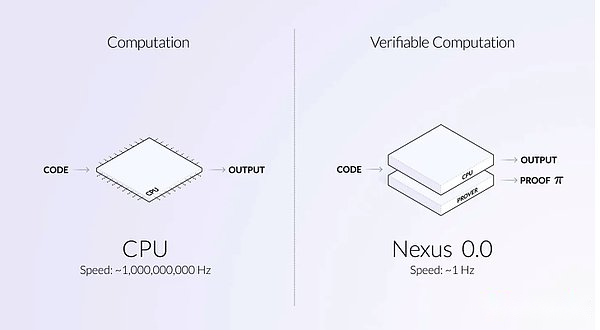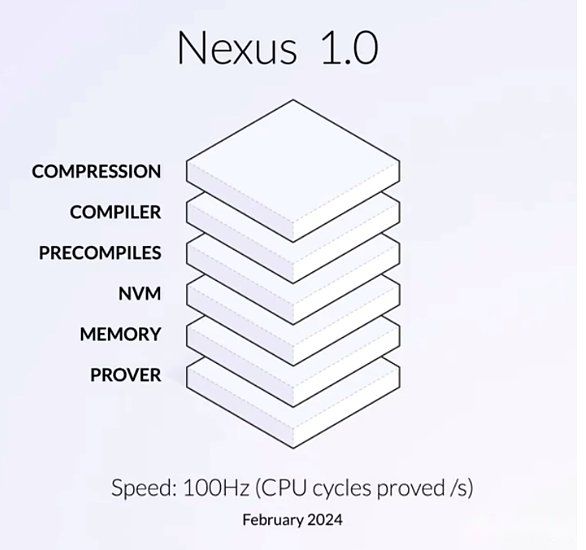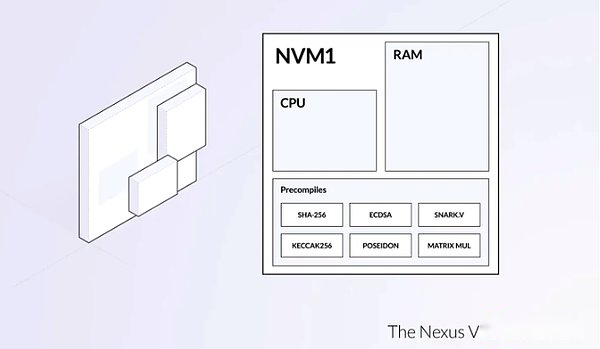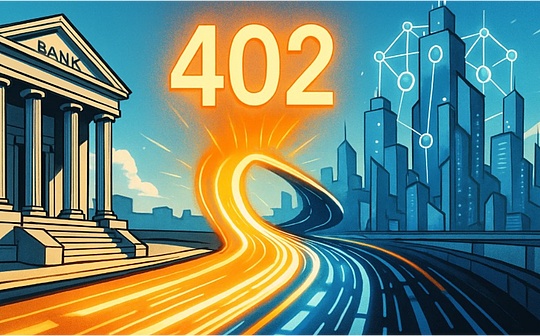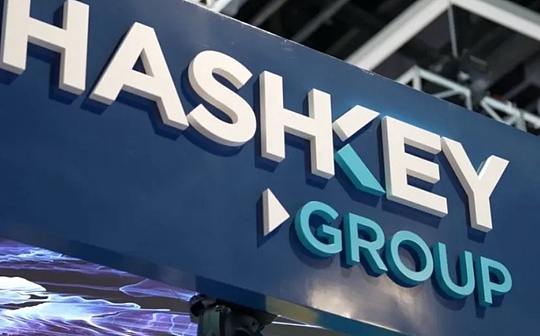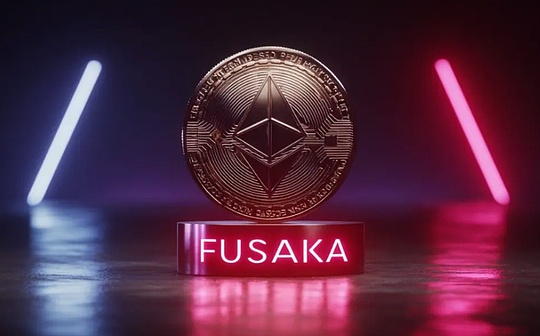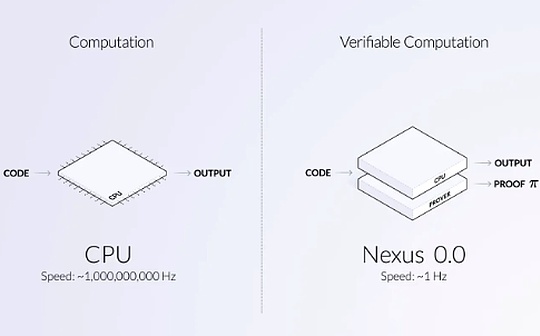
Author: Paul Veradittakit, Pantara partner; Compilation: 0xjs@作 作 作 作 作 作
Foreword
Zero -knowledge password project is generally divided into two categories:
-
Dedicated ZK: These attempts to improve the scalability of the blockchain by prove specific calculations.For example, ZK-Rollup stack, ZKEVM for execution layers, and zk prove aggregation, settlement, etc.These companies include ZKSYNCRA and Starknet.
-
GM ZK: These ZK tries to prove any calculations, no matter which programming language is used, they are called ZKVM.They aim to allow developers to deliver the ZK project within a few days (rather than a few months), allowing them to focus on writing ordinary code, not circuit.
The latter depends on building a new system from the bottom layer, which requires industry leaders to expand the cutting edge of ZK research.These companies include RISC ZERO, Succinct and Nexus.
It is difficult to build verification and calculations, so these companies focus on building a specific part of the stack, such as ZKVM, proofer network or customized circuits.Nexus deal with this problem from a completely different perspective.To build a safe Internet requires the design and use of zero -knowledge machines.We believe that Nexus has the talents and originality of the newly -verified computer from scratch to optimize each layer of ZKVM, so as to build the fastest and most efficient verifying computer.
What is verification calculation?
In modern society, the truth is difficult to verify.Artificial intelligence, deep falsification, VPN, remote hackers and online fishing make the truth behind the calculation easier than ever.At present, in our computer, the CPU runs code and outputs solutions.Using Nexus 0.0, code input will output solutions and corresponding zero -knowledge proof to prove that the solution is created correctly, which allows us to determine that the output is effective.In this way, any information can be proved that any information is real, and there is no need to disclose any information about the underlying information.
Progress and Milestone
NEXUS is based on the research on zero -knowledge proof for decades. In short, zero -knowledge certification allows users to prove that the calculation has been completed correctly without disclosing any information about the underlying input.Medical records, military secrets, identity and browsing activities; these are industries that have not maintained safely in the past.The verification and calculation is a pitch, but it is facing huge obstacles.The current ZK application is very slow, it cannot run any calculation, and it provides developers with a bad experience.
Nexus 1.0 builds a machine that proves any Rust code and designed a technology stack that optimizes innovation and scalability.The ultimate goal is to expand verification to adapt to any application, even as large as the Internet.Nexus 0.0 runs at 1Hz (1 CPU cycle per second) and came out in September 2023.At ETHDENVER in February 2024, the new version of Nexus 1.0 runs at a speed of ~ 100Hz, which has increased by about 100 times in just 5 months.The team hopes to increase the speed of Nexus ZKVM.
This index -level growth originated from the modular design of the Nexus 1.0, allowing separate optimizations from proof to each part of the provenant to prove that the latest and excellent research results in the field of zero -knowledge proof.This also enables Nexus to apply its technology to the blockchain very easily.
Encrypted application
Nexus’s modularization means that it can be used for overall applications, and can also use a single part to support other modular applications.For example, the compression layer combines many large proofs into a concise proof.This technology depends on Nova, which is a folding scheme that it was not invented until 2022 passed a research paper.Nexus builds the only production -level folding implementation in the world, allowing efficient recursive and proof aggregation.This layer can be used independently to support other ZKVM.
This design is also easy to integrate with the current blockchain consensus and security standards.For example, in NVM or Nexus virtual machines, “pre-compilation” allows developers to use custom instruction extension machines to pre-compiled common schemes, such as KECCAK-256 (for creating and verifying transactions on Ethereum).This means that Nexus can integrate and verify the calculations completed on the EVM (and many other) chains.
Today, ZK applications cost millions of dollars to generate and verify certificates on L1.The Nexus proof, compression, and compiler node network will greatly improve the performance of existing ZK applications. At the same time, it will occupy a huge market share in the existing ZK chain industry, and the value may reach billions of dollars.The ZK industry has developed rapidly, and NEXUS occupies the market leading position with the first -class design from the entire technology stack from proven to compression.
Key member of the team
The Nexus team brings together the most outstanding talents in the field of cryptography and computer science.
Management team includes:
-
Daniel Marin, CEO: Fresh graduates at Stanford University, under the guidance of the famous cryptologist Dan Boneh.
-
Jens Group, chief scientist: former director of DFinity, professor of college in London, the inventor of the most widely used ZK-Snark Groth16.
-
Alex Fowler, Chief Strategic Officer: Blockstream co -founder and former senior vice president, Mozilla chief privacy officer.
-
Don Beaver, Vice President of Cryptology: He was the chief cryptist of Jump Crypto, as well as senior researcher and scientists of Meta, Uber, Apple and Google.
Core team cryptography experts include:
-
Michel Abdalla: Senior Code Discipline, Chairman of the International Cryptology Research Association (IACR), former French Higher Normal School professor, and researcher DFinity.
-
Samuel Judson: Cryptography engineer, has a doctorate degree in cryptography at Yale University, studied from Ruzica Piskac, and served as AUTH0 security engineer.He wrote more than 7 papers in ZKP, formalized methods, and AI.
-
Kristian Sosnin: Cryptography engineer, who has served as the Rust engineer of Matter Labs and Parity.
-
VAMSI Policharla: Cryptography engineer, who is studying a doctorate in cryptography at Berkeley, the instructor is Sanjam Garg.He is the core RUST engineer of the Berkeley Code Study Group and wrote more than 4 ZKP papers.
-
Yinuo ZHANG: Crypto subject, currently studying a doctorate in cryptography under the guidance of Sanjam Garg University of Berkeley.He had previously interned in A16z Crypto ’23, engaged in ZKVM research, and wrote more than 5 ZKP papers.
We believe that if any team can create verified calculations on the Internet scale, it is the Nexus team.
Pantera and LightSpeed Venture Partners announced on June 10, 2024 that they jointly led a $ 25 million round A financing of Nexus.
Nexus 1.0 has been released publicly, which means that anyone can use only a few lines to prove any Rust program.Try the steps here (https://docs.nexus.xyz/).
in conclusion
NEXUS is overcome the new world that can be scalable with stars and exquisite technical design.We believe that Nexus is an important step for humans to create a security Internet in the future.Zero knowledge proves that the speed has always been slow, universal, and the developers have poor experience.
Nexus solves these three problems by combining decades of innovation with high parallelization and modular system.
We believe that Nexus will become the first choice for high -efficiency verification and calculations, and ensure that the next trillion calculations are safe, verified and efficient.

